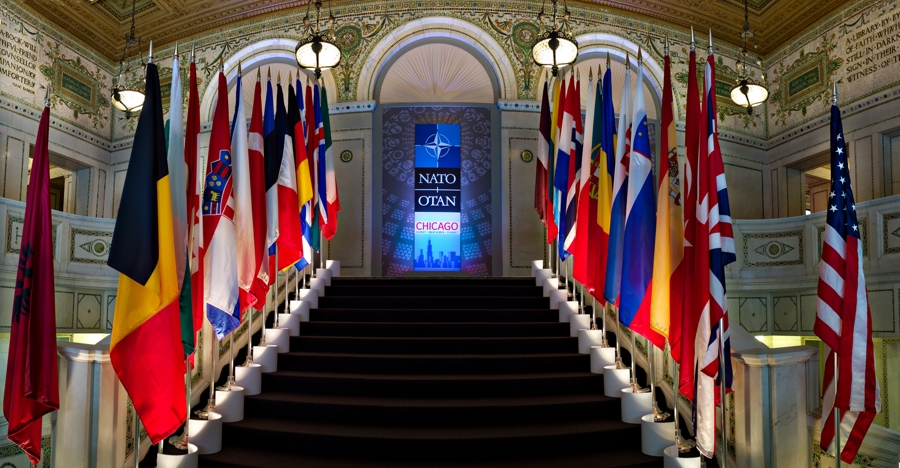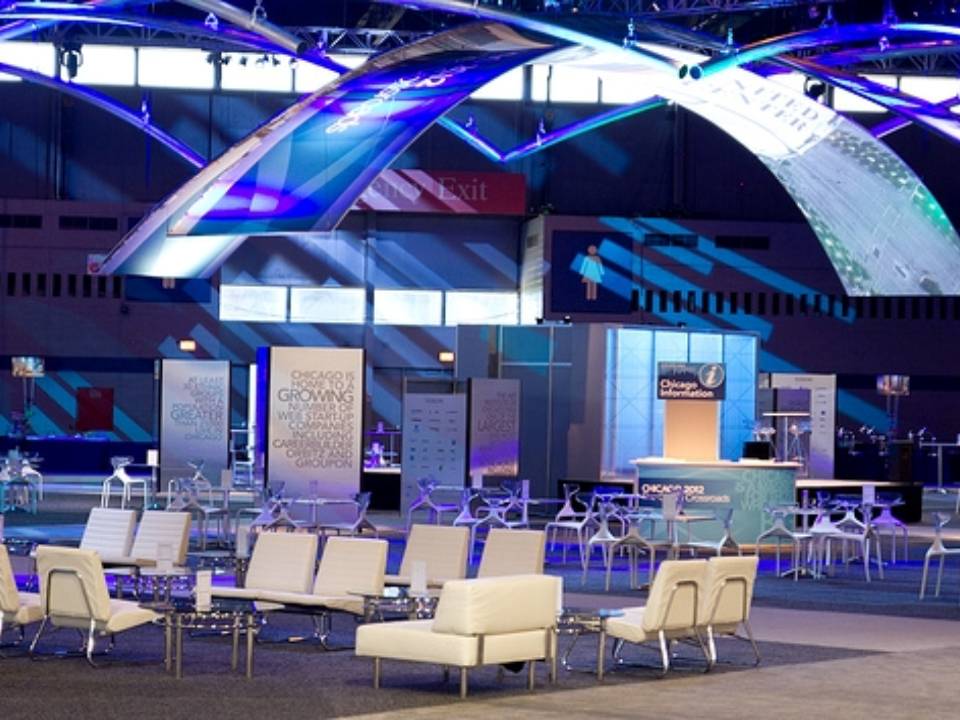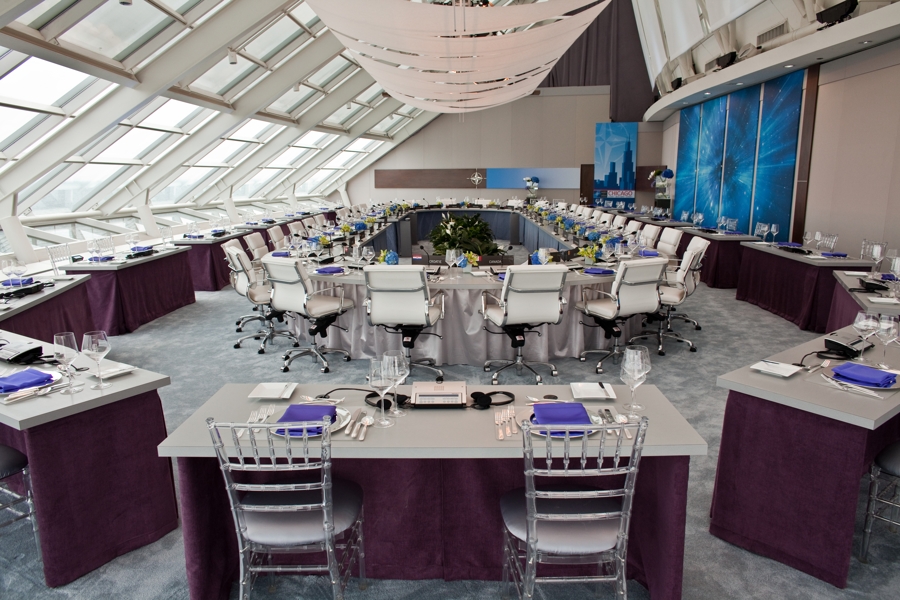Planner’s Perspective: INSIDE NATO
On July 11th, I joined Ron at the Chicago MPI event called “Inside NATO”, which was held at Navy Pier. This gathering helped inform meeting planners in the Chicago area of the ins-and-outs of the preparation for the NATO summit that was here this past May.

There were seven panelists, each giving a different perspective on the planning process. Laura Bowen Wills, from the Department of State, discussed her role in working with foreign policy and foreign delegations. Chief Debra Kirby, from the Chicago Police Department, talked about the logistics and organization behind the security of the event. Gary W. Schenkel, from the city of Chicago Office of Emergency Management and Communications, spoke about the problems addressed during the summit and how they did this in a calm, professional manner. Tamar Buttacavoli, working for the McCormick Place, talked about the logistics of planning this event. John Chikow, for the Greater North Michigan Avenue Association, worked on the security relationships in this area along with coordinating with the business communication center. Alyson Anderson, from the Hyatt Regency McCormick Place, discussed the organization of travel routes from the hotel to the meeting space with the secret service. And finally, Rose Horcher, from Choose Chicago, helped connect the dots for the groups coming to Chicago and she also worked as a liaison for the meeting.
To start, Horcher said before the event took place, approximately 25 to 30 site visits were held with the largest consisting of 800 people. The amount of coordination needed for such a large site visit to be successful is astronomical. According to Wills, 23 different hotels were used, each occupied by one country and 46,609 room nights booked total. In order to make sure that all of the accommodations and requests were met in accordance to each country, liaison officers from the state department and overseas verified the details. In regards to the number of individuals that attended, 9,531 badges were produced.
A lot of inside work directed the transportation of these delegates. First, the airports were secure with military traffic and support personnel. One of the most important aspects of the delegates’ arrival was ensuring their feelings of comfort and security. This was the first impression they had on our city, so it needed to exude poise and ease. Wills claimed that when the attendees were asked how the flight was and how they were received upon arrival, they gave it a grade of A+. She says, “I felt like we were in good hands.”
When Horcher was questioned, “How did you coordinate all of this with so many people from so many different organizations?” she replied that the key is to have a great support team. It is essential to build a network of trustworthy people working behind your back, knowing they will correspond with one another accordingly. She learned the names of all of the lead attendees and the popular political acronyms, in order to feel more comfortable and familiar with their requests and discussions. The visitors used some of our most popular venues like the cultural center and the Shed Aquarium.

Buttacavoli said working at the McCormick place for this event was a great learning experience because her team looked at things from an innovative perspective and “learned their building in a whole new way.” This demonstrates the importance of knowing the location that you are working with and figuring out ways to manipulate the space for the specific audience.
Wills also determined boundaries for security with the secret service and created if…then… scenarios, verifying that everyone was prepared for unexpected instances.

All panelists agreed that the event “continually evolved” and the most imperative thing was the “flexibility by everyone to make sure things were not being neglected.” They strived to develop confidence in the community, but miscommunication existed among the citizens, since the city of Chicago hoped to be open for business. As the event approached, the messaging of the event improved. The different organizations involved wished for NATO to be seen as something beneficial for our city, not as something destructive and harmful. And because of the international exposure, the number of visitors in Chicago is predicted to increase from 40 million to 50 million by the year 2020.
The reputation of each country reminded each planner to stay focused. As Wills puts it, “Any mistake that is made on our part, becomes symbolic on that country.” Something small, like an error in the meal placement, could have enraged the representative from a particular country and influenced the entire country. It was more than critical that their desires were met and that decisions were handled in a professional manner.
Chikow closed the presentation by recognizing the advantage of all of the hard work put into the pre-planning and coordination of this summit. He said that there existed a “peace of mind that you knew what was going on…the power in the true.” This shows that preparation can make-or-break an event. But, if everything is completed early on, organizations will radiate confidence, assurance, and composure in the heat of the event.
